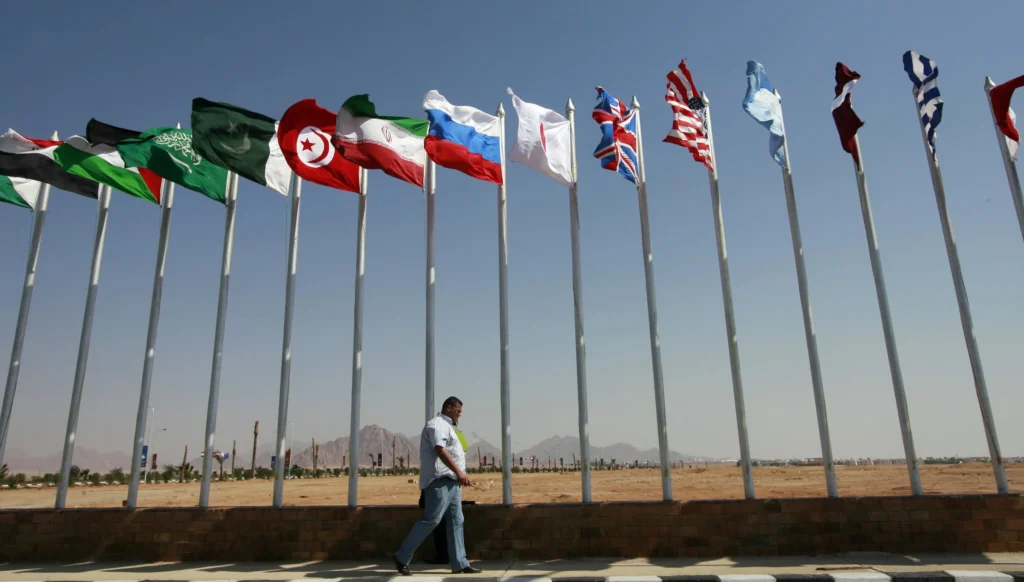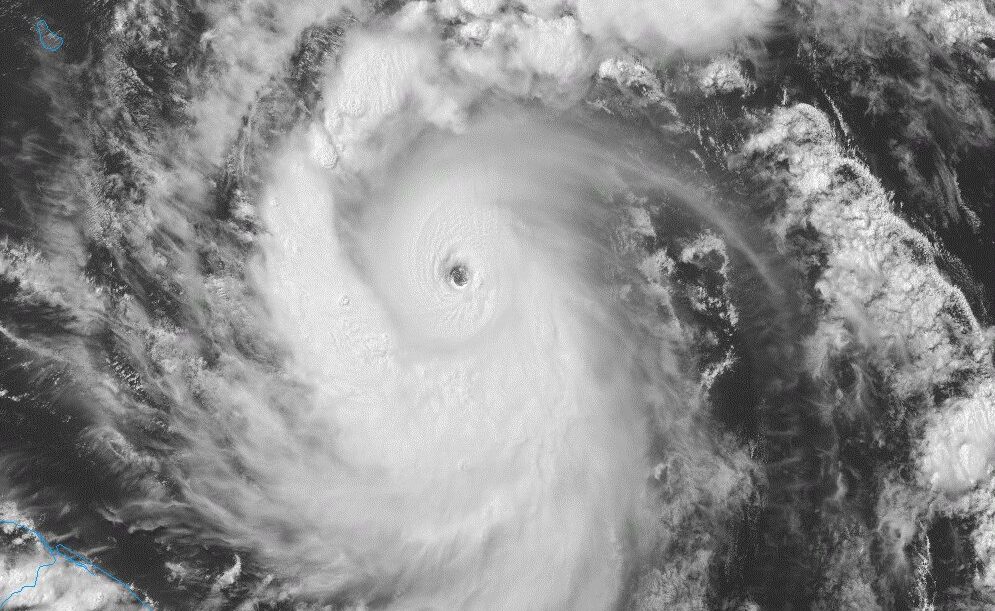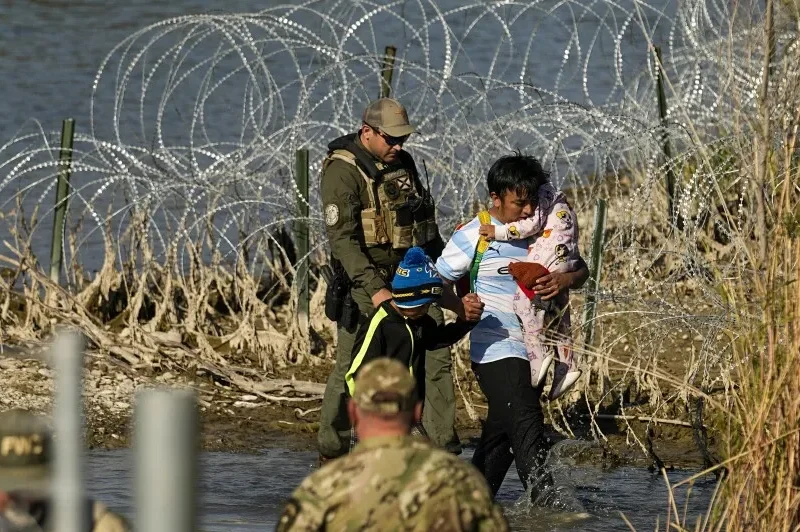China and its necessary role: International relations in the Middle East
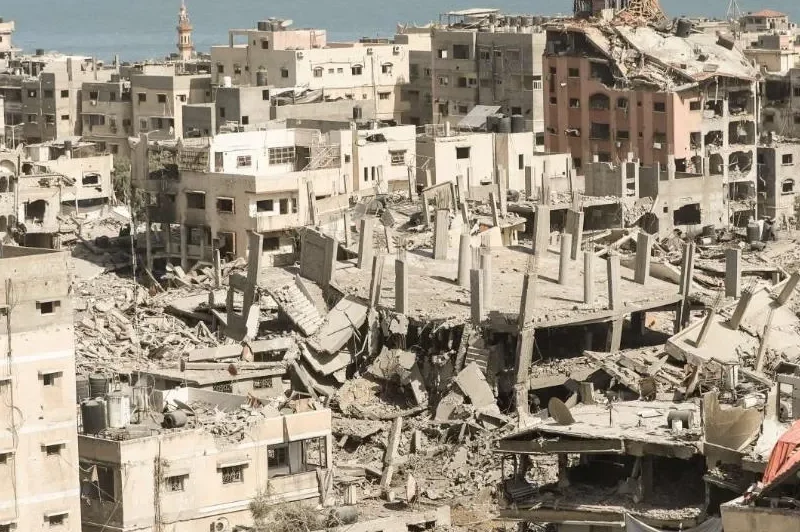
International relations in the Middle East are part of a historical, religious and cultural interweaving.
Israel’s conflict with Palestine is only one part of the complex international relations in the Middle East.
Iraq, Iran, Israel, Palestine, Libya, Syria, among others, make headlines around the world every year.
Recently, in a diplomatic exchange that underscores the complexity of international relations in the Middle East, Antony Blinken, the U.S. Secretary of State, has urged China to exert its influence on Iran to prevent possible attacks against Israel.
This request comes against the backdrop of rising tensions in the region, exacerbated by an April 1 airstrike on the Iranian consulate building in Damascus, Syria, which resulted in the deaths of several Islamic Revolutionary Guard Corps (IRGC) commanders, including two generals. This incident has raised concerns about retaliation by Tehran.
The United States has always tried to intervene in international relations in the Middle East, but this time, it is turning to another global giant, China.
During the telephone conversation with his Chinese counterpart, Wang Yi, Blinken emphasized the importance of Beijing using its influence to moderate Iran’s actions.
READ HERE: THE FIRE SEASON IN CANADA: CAUSES.
In turn, Wang called on the United States to assume “a constructive role” in mediating the Middle East crises.
In addition, China’s top diplomat strongly condemned the attack on the Iranian consulate, stressing the inviolable right to security of diplomatic institutions and the need to respect the sovereignty of both Iran and Syria.
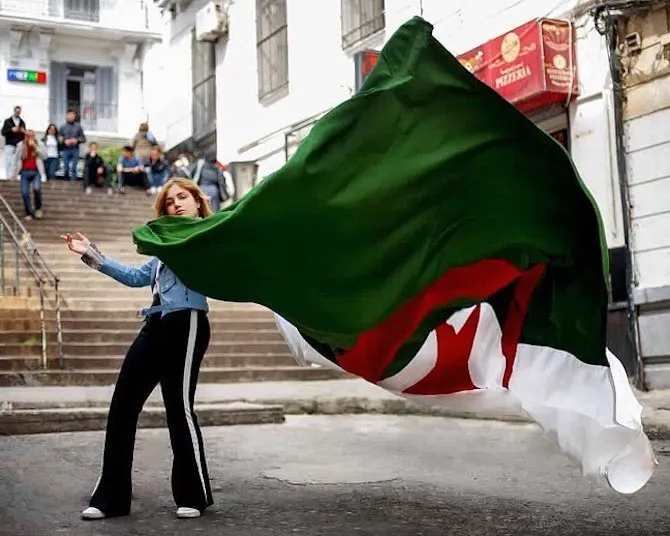
China and its necessary role: International relations in the Middle East
The United States, for its part, has made public calls urging China to take a more active stance in addressing the crisis, specifically in terms of pressuring Iran, a known supporter of Hamas.
“China will continue to play a constructive role in resolving the Middle East issue…and contribute to cooling the situation,” said Mao Ning, a Chinese Foreign Ministry spokesman.
But how can China affect the complex international relations in the Middle East?
China is willing to become more actively involved in the region, although the role that the United States must play in this scenario must be underlined.
Israel, for its part, has not confirmed its responsibility for the attack on the Iranian consulate in Damascus.
However, it has argued that the buildings attacked were used as military sites by the IRGC, which the U.S. has designated as a terrorist group. The situation in the Middle East remains extremely fragile, with international actors such as the United States and China playing crucial roles in the search for stability and security.
The implications of this U.S.-China dialogue reveal the complexity of geopolitical dynamics in the Middle East, especially with regard to tensions between Iran and Israel.
With both countries exerting their influence on the scene, the international community remains attentive to how these to temper international relations in the Middle East.
China’s ability to moderate Iran’s actions and the United States’ willingness to take a constructive role will be crucial in efforts to maintain peace and avoid an escalation of conflict.
